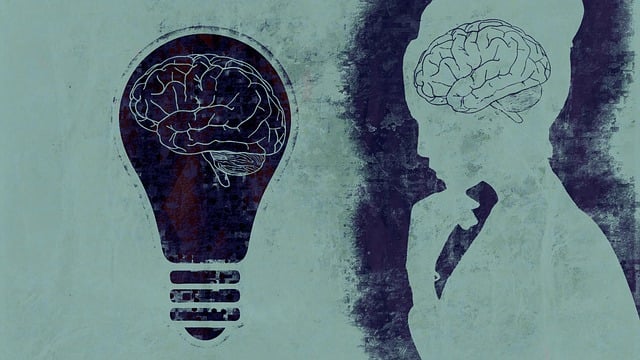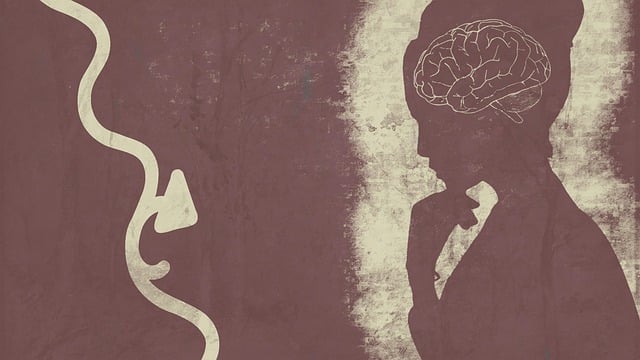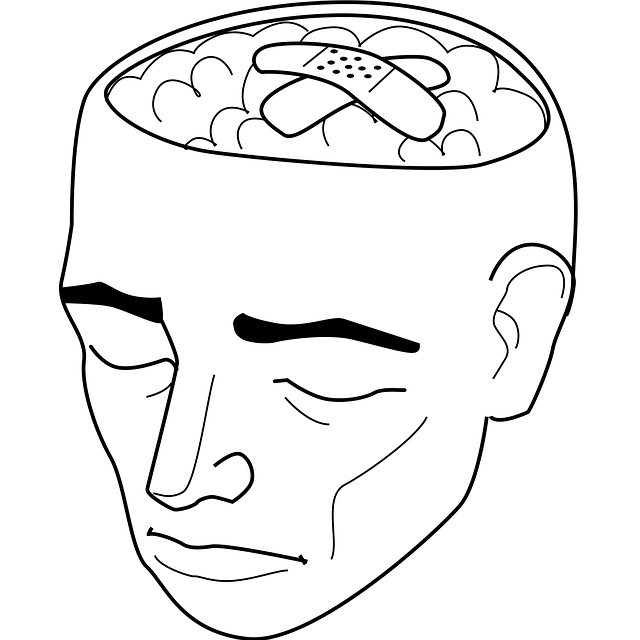Mental health advocacy initiatives play a pivotal role in creating supportive communities and improving healthcare access. This article explores various aspects of this crucial field, from understanding mental health advocacy’s core functions within healthcare systems to examining successful models like Boulder Geriatrics Therapy. We delve into strategic approaches for advocacy programs, community engagement strategies, and evaluation methods to measure their impact. By shedding light on these key areas, we aim to highlight the significance of mental health advocacy in fostering comprehensive care.
- Understanding Mental Health Advocacy: The Role in Healthcare
- Boulder Geriatrics Therapy: A Model for Comprehensive Care
- Strategies for Effective Mental Health Advocacy Initiatives
- Building Community Awareness and Support Systems
- Measuring Impact: Evaluating Success in Mental Health Advocacy Programs
Understanding Mental Health Advocacy: The Role in Healthcare

Mental health advocacy plays a pivotal role in shaping healthcare systems and policies, ensuring that individuals receive the support they need for their mental well-being. It involves raising awareness, challenging stereotypes, and promoting understanding to create an environment conducive to open conversations about mental health. Advocacy initiatives can range from community outreach programs to policy lobbying, all with the common goal of reducing stigma and improving access to quality care.
In Boulder Geriatrics Therapy, for instance, advocates have been instrumental in developing comprehensive care models that integrate mental health services with primary care. This approach recognizes the intricate link between physical and psychological well-being, especially among older adults. By promoting social skills training, encouraging positive thinking, and providing strategies for anxiety relief, these initiatives contribute to holistic healing and enhanced quality of life.
Boulder Geriatrics Therapy: A Model for Comprehensive Care

Boulder Geriatrics Therapy stands as a shining example of comprehensive mental health care, particularly tailored to the unique needs of the elderly population. This innovative approach integrates various therapeutic modalities, including cognitive-behavioral therapy, mindfulness practices, and social support networks, to address not just specific mental health disorders but also the broader spectrum of mental wellness. By focusing on holistic healing, Boulder Geriatrics Therapy aims to enhance quality of life, improve functional abilities, and promote independence among its elderly clients.
The program’s success lies in its multidisciplinary team that includes geriatric psychiatrists, psychologists, social workers, and care managers, all working collaboratively to offer personalized treatment plans. This integrated approach not only caters to the mental health aspects but also considers the physical, social, and environmental factors influencing older adults’ well-being. Moreover, Boulder Geriatrics Therapy incorporates elements of Mental Wellness Coaching Programs Development, Burnout Prevention Strategies for Healthcare Providers, and Trauma Support Services, ensuring that each individual receives multifaceted care that addresses their past, present, and future mental health needs effectively.
Strategies for Effective Mental Health Advocacy Initiatives

Mental health advocacy initiatives require a multi-faceted approach to effectively address and raise awareness about various mental health concerns. One key strategy is to empower individuals through self-care routine development for better mental health. Encouraging regular self-care practices such as meditation, exercise, and journaling can significantly contribute to improved well-being. Boulder Geriatrics Therapy, for instance, promotes holistic care that integrates these practices into treatment plans.
Additionally, coping skills development is vital. Providing individuals with effective coping strategies enables them to manage stress and overcome challenges more adeptly. Mental health professionals also need to prioritize risk management planning. This involves assessing potential risks in their practice settings and implementing precautions to ensure both client and professional safety. By combining these strategies, advocacy initiatives can foster a supportive environment that nurtures mental well-being and encourages open conversations about mental health.
Building Community Awareness and Support Systems

In fostering a supportive community for mental health advocacy, Boulder Geriatrics Therapy takes the lead in raising awareness about the importance of emotional well-being among older adults. They organize workshops and seminars that educate the public on recognizing signs of common mental health issues such as depression and anxiety, targeting specific challenges faced by this demographic. By breaking down stigma through open discussions, they encourage vulnerable individuals to seek help without fear of judgment.
Community partnerships play a crucial role in building support systems. Boulder Geriatrics Therapy collaborates with local senior centers, community organizations, and faith groups to integrate mental health resources into their programs. This collaborative approach ensures that coping skills development, confidence boosting, and conflict resolution techniques are not only accessible but also integrated into the social fabric of the community, providing a comprehensive safety net for those in need.
Measuring Impact: Evaluating Success in Mental Health Advocacy Programs

Measuring the impact of mental health advocacy initiatives is crucial for understanding their effectiveness and guiding future strategies. Success in these programs often lies in assessing how they contribute to improving individuals’ emotional well-being, enhancing mood management skills, and fostering resilience. One way to evaluate success is by using standardized assessment tools that measure symptoms of depression, anxiety, and stress before and after the intervention. For instance, Boulder Geriatrics Therapy employs various techniques like structured clinical interviews and self-report questionnaires to quantify changes in clients’ mental health status.
Furthermore, qualitative methods such as client feedback and focus groups can provide valuable insights into participants’ experiences. These approaches help uncover the specific communication strategies that resonate with different demographics and contribute to emotional well-being promotion techniques tailored to diverse needs. By combining quantitative and qualitative data, advocacy programs can better allocate resources, refine their interventions, and ultimately achieve more significant and lasting impacts on mental health outcomes.
Mental health advocacy initiatives, such as those inspired by Boulder Geriatrics Therapy’s comprehensive care model, play a pivotal role in shaping supportive communities. By combining education, strategic planning, and community engagement, these programs can significantly improve mental wellness outcomes. Measuring impact through evaluation ensures that efforts are targeted and effective, fostering a culture where mental health is prioritized and supported at all levels. This holistic approach to advocacy is essential for creating sustainable change and enhancing the overall well-being of individuals within our communities.









